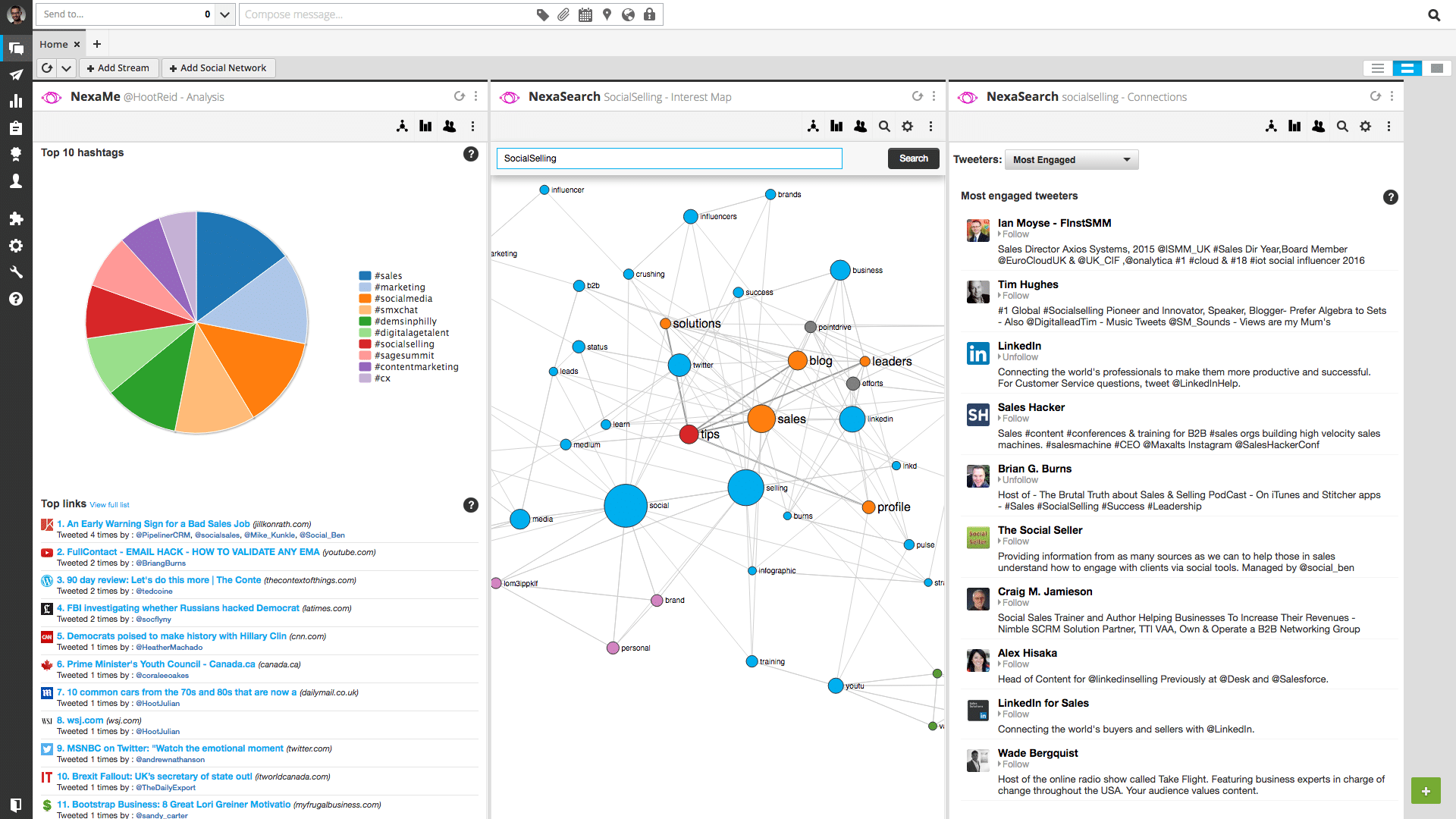
Consulting services are a great way to earn extra money, but pricing them is not always straightforward. Pricing your consulting services correctly is key to attracting new clients and keeping your business profitable.
There are many pricing models for consulting services that you can use to price the business. However, make sure your rates are relevant to your job and market. Some of the most common pricing models include hourly, flat fees, and retainer rates.
Hourly Rates
Hourly rates are the most commonly used pricing model for consulting services. These rates are based on the time it takes to complete one project. This is a good option when you have smaller projects. However, it can be hard to decide the right amount of time for bigger projects.
If you're a new consultant, hourly rates may be the most effective pricing model for you. This method allows you to estimate the project's value and allows you flexibility to adjust fees as you learn more.

But you must be careful not to charge too much for your services. Overcharging for a project can result in a loss of profit and possible legal problems.
Consultancy Services Pricing Strategies
If your consulting services have exceptional characteristics, you may choose to charge for them per-service. This is a popular approach for small businesses offering specialized services, or agencies that offer many types of services.
It's a smart move to price each service individually when using a perservice rate. This will ensure that your clients are getting the right value for their money and can easily switch between services.
Retainer and coaching fees
A retainer is a monthly fee that is agreed to between a consulting firm, a client and the firm. Coaches and trusted advisors who provide long-term support for their clients often use it.
A retainer can help clients budget for your services, and ensure that you have steady cash flow throughout the year. This is particularly important if you are working with small businesses owners who don’t have the capital to spend upfront on your services but may need it in the long-term.

A retainer fee allows you to be first to hear about new projects. This is especially useful for start-ups that are growing quickly and have little cash or need immediate assistance.
Your consulting fees are more than just your rates. They reflect the value you provide to clients and how much your services cost. You might charge more if your consulting services are data science-based if you can save clients money by understanding their data than if you were just providing general management advice.
FAQ
How much does it take to hire a consultant
Many factors go into determining how much it costs to hire a consultant. These factors are:
-
Project size
-
Time frame
-
Scope and nature of work
-
Fees
-
Deliverables
-
Other factors to consider include location, experience, and other considerations.
Can anyone be a consultant?
A consultant is someone who helps you achieve your goal by providing advice on how to do something better, faster, cheaper, etc.
Consulting can be a great way to solve problems, make informed decisions, and work with others.
Consultants are often hired to help with specific tasks and projects.
Actually, most consultants get paid hourly and daily rates, rather than per-project.
How does consulting differ to freelancing
Freelancers are self-employed individuals who offer their services to clients without employees of a company or agency. They generally charge an hourly rate depending on how long they spend on a client project. Consultants typically work for agencies and companies that employ them. Their salaries are usually paid monthly or annually.
Consultants have less flexibility than freelancers because they can control their work hours, and set their own prices. Consultants, however, often have better benefits such as retirement plans, vacation days, and health insurance.
How much should you charge to be a consultant?
It depends on what service you provide. It doesn't matter if you offer services at no cost. You must charge for services or products if you want to sell them.
You don't have any products to sell if you provide low-quality services. You are not worth anything, so why should anyone pay you anything.
If you're providing high-quality services you might ask for a greater price. Because people are aware of the value you provide, they will be more willing to pay you a higher rate. Customers who buy multiple services from you may qualify for discounts.
What degree do I need to become a consultant?
It is best to study a subject well and then practice what you have learned.
Start studying today if you want the skills to be a great manager!
If you have a degree but no relevant experience, you may struggle to get hired. You could still apply if you are able to show that you have the same subject knowledge as the people who were hired.
Employers are always looking for people with real-world knowledge.
Statistics
- According to IBISWorld, revenues in the consulting industry will exceed $261 billion in 2020. (nerdwallet.com)
- Over 50% of consultants get their first consulting client through a referral from their network. (consultingsuccess.com)
- 67% of consultants start their consulting businesses after quitting their jobs, while 33% start while they're still at their jobs. (consultingsuccess.com)
- So, if you help your clients increase their sales by 33%, then use a word like “revolution” instead of “increase.” (consultingsuccess.com)
- Over 62% of consultants were dissatisfied with their former jobs before starting their consulting business. (consultingsuccess.com)
External Links
How To
How do I start a consulting business without any money?
This is a simple, effective and inexpensive way to get your business started without having to invest any capital.
This tutorial will help you learn how to make extra money while working remotely, improve your skills, and achieve success.
I'll share my secrets for generating traffic on demand, particularly when people search for something specific.
This method is known as "Targeted Traffic". This is how this method works...
-
Find what niche you want to work in.
-
Research which keywords people use to find solutions on Google.
-
Write content that uses these keywords.
-
Post your articles on article directories.
-
Make sure to use social media sites for promotion of your articles.
-
Build relationships with influencers and experts in that niche.
-
Get featured on those blogs and websites.
-
You can grow your email subscriber base by sending emails.
-
Make money.